
Mike Edwards’ new book doesn’t sound like it will be full of festive cheer, but if Christmas means anything, it’s surely that we should look out for others.
And, in that regard, the veteran broadcaster has not only explained in You’re Seeing It! how his service in the military, as an army reservist in Iraq and Afghanistan, impacted on his involvement in many of the biggest and often harrowing news stories of the last 30-plus years, but painted a poignant portrait of how he looked after his mother, Margaret – who was a nurse, midwife and nurse tutor at Raigmore Hospital in Inverness – during her prolonged struggle with dementia.
There’s lots to ponder in the chronicle of how a once bright individual gradually lost their faculties, but if Mike was often frustrated about his own situation, his account resounds with the love and heartfelt concern for somebody who was slipping away in front of him and the book is a testament to the values which she instilled in her son.
After the love was gone
At the end, even as he mused on Margaret’s death at the age of 91, the writing is hypnotically powerful. Repetition can be tedious, but occasionally it resonates profoundly and there is something incredibly moving about this extract in particular.
As he wrote, following her demise: “Everything in that room looked the same as it had done 24 hours earlier. The only thing missing was her.
“I could no longer speak to her, ask her how she’d slept, tell her what kind of day it was. Because she’d gone.
“I couldn’t show her the clothes I’d chosen for her to wear that day, because she’d gone.
“I couldn’t tell her that her breakfast was ready, because she’d gone.
“I couldn’t get her up for her tablets, because she’d gone.
“I couldn’t make her toast, because she’d gone. I couldn’t kiss her cheek and tell her that I loved her, because she’d gone.”
Mike has already begun campaigning for the prohibition of heading in football, a feature of the sport which has caused a litany of grief for so many families, and anybody who has ever met this determined individual – I was one of his former colleagues at STV a decade ago – will understand he doesn’t believe in taking backward steps.
The SFA has shown prescience in listening to the guidance of neurological experts and ensuring children are spared the sickening thud of heading hard objects, but new cases of dementia are emerging among ex-professionals and this remains a ticking timebomb in any activity, including rugby and boxing, where the brain sustains regular injuries.
And Mike isn’t content to allow that to continue. Why should he? When you have been in the field for as long as he has, the only response is to say: Enough is enough.
News Agenda: Gothenburg Great firmly behind the SFA’s moves to reduce heading in football
He told me: “We will all be touched by dementia, whether we get a diagnosis ourselves or become a carer or are a relative of someone with a diagnosis. In many cases, there’s little we can do, but we can work to change sport.
“Boxing I’d ban altogether, but that’s not going to happen. Rugby has to change yet further. And football has to ban heading the ball. Attitudes need to change as much as actions. We grow up learning not to handle the ball, we must learn not to head it either.
“I would like to see our national sport become safer. It is ridiculous that something which we do for fun and enjoy playing and watching can be fatally dangerous.
It has taken a heavy toll on so many
“It killed [former Celtic captain] Billy McNeill and [Dundee United star] Frank Kopel and it is killing others. The teamsheet is becoming tragically long and stellar. So the game has to change. Rules have to change and perceptions have to change. Football will be better without the long ball, route-one game.
“I was fortunate that I could retire to look after her [his mum]. Others don’t have the good fortune of my circumstances. She was a nurse all her days and gave so much to look after others, so for me it was a privilege to care for her, at home on my own.”
While employed as a television journalist, Mike was a regular presence at myriad epochal events and covered some of the worst court cases in recent history, but he’s no hack for hire and You’re Seeing It! brims with humanity in many cases where it would be easy to descend into cynicism about the human condition.
He also focuses on the victims rather than the perpetrators and yet there was one ghastly day whose all the scars and tristesse will never disappear from his thoughts.
He explained: “I was lucky to have worked on so many big stories at home and abroad. I sat through hundreds of major criminal trials and witnessed such things as Scottish devolution, the Glasgow Commonwealth Games and the independence referendum in 2014 and the G8 at Gleneagles [in 2005].
Its horror never goes away
“I saw Fergus McCann and Craig Whyte come and go from Celtic and Rangers and I saw Ecoli and Foot and Mouth at first hand. But, without question, [the] Dunblane [massacre in 1996] was the biggest story I ever worked on.
“I think about it every day. As a journalist, you want to report on the big stories, but that is one which I would rather not have worked on. It grieves me still.”
After his mother’s passing, even as he dealt with the silence round his home, Mike unearthed photographs of Margaret which highlighted the young woman she had once been and these pictures allowed him to appreciate the positive aspects of her life.
It offered catharsis and an opportunity for him to reflect on the journey we all travel.
He said: “It made me cherish all the more, the amazing life that she had led. Born in the 1920s, growing up in the 30s, and experiencing the war as a teenager before becoming a nurse at the age of 20 just as the NHS was being formed.
“It was amazing to think of all the things she had experienced. In the weeks and months that followed, I found more photographs of her as a child, photos I had never seen before. It was amazing to see her beautiful face, full of expectancy and hope, ready to start what would be an amazingly full life.
“I had only really thought of her as a child in my imagination. Now, I had the photographic evidence of how she looked, how she dressed and by the body language of those around her, how much she was loved.”
The dead never really leave us. They are the ghosts of Christmas past. But that’s no bad thing when we have the gift of recalling them with a smile and toasting their memory.
Signed copies of You’re Seeing It! are available at andrewcaledonia@gmail.com and the proceeds are going towards dementia research.
FIVE QUESTIONS FOR MIKE EDWARDS
- What book are you reading? The Pigeon Tunnel by John Le Carre – which is all but an autobiography of a remarkable man.
- Who’s your hero/heroine? Martin Luther King. He lived through such awful prejudice but taught the world a lesson of peace and tolerance.
- Do you speak any foreign languages? Fluent French, which got me a job as a journalist in Switzerland in the 1990s. I left Bern three years later with fluent Swiss German.
- What’s your favourite music or band? Anything with a tune from classics to metal. Tom Petty, Mark Knopfler and Jeff Lynne mainly and now Blackberry Smoke and Greta Van Fleet.
- What’s your most treasured possession? My Swiss bank account!



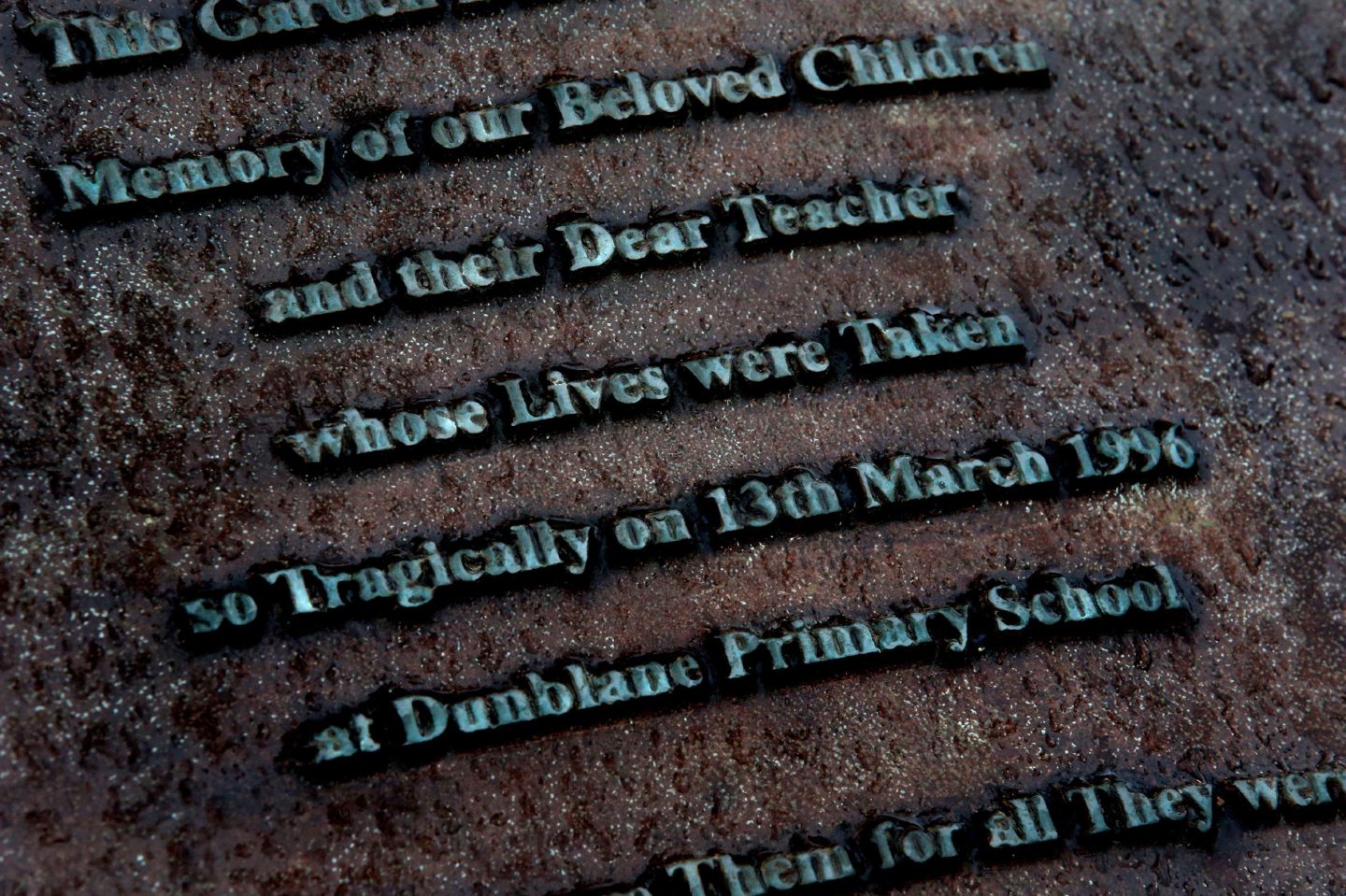
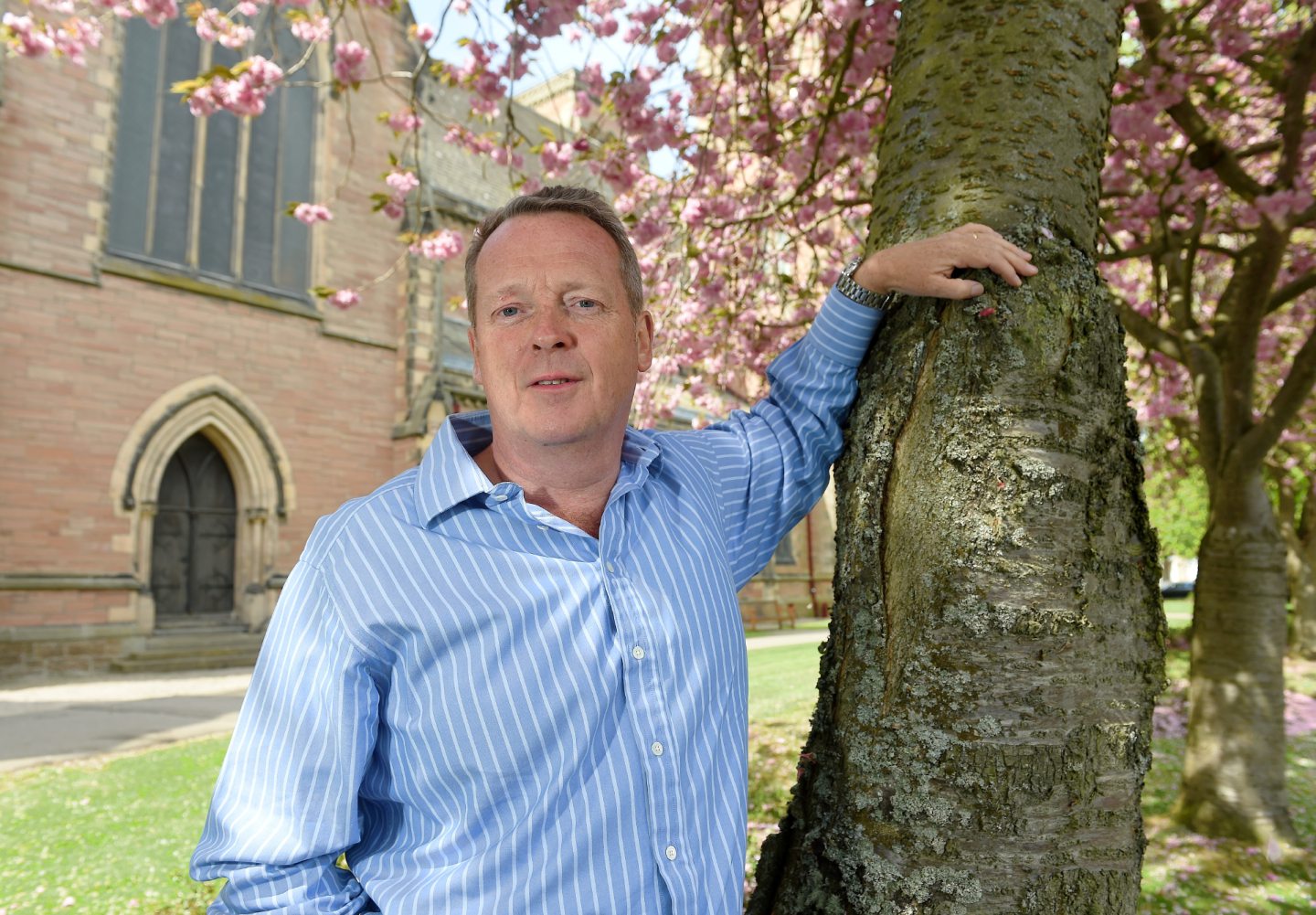

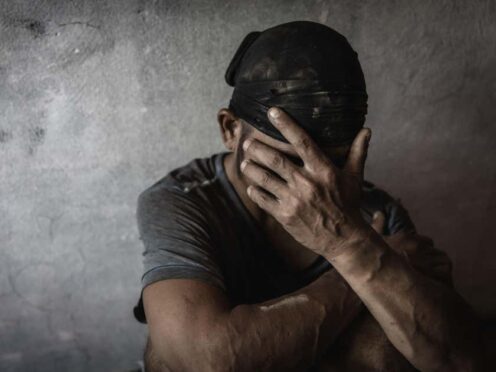
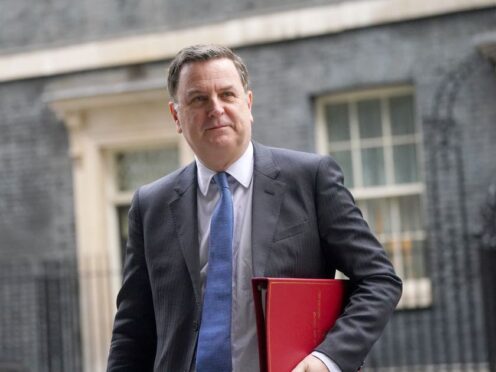



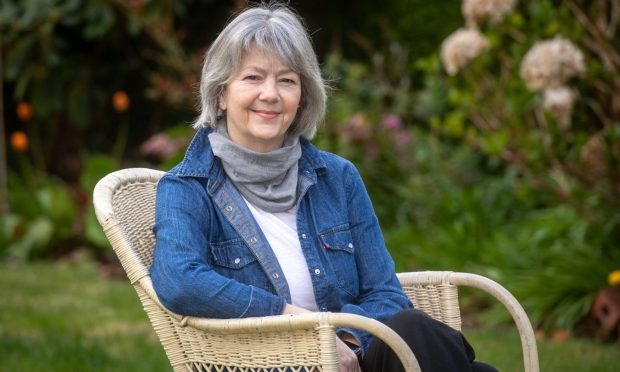

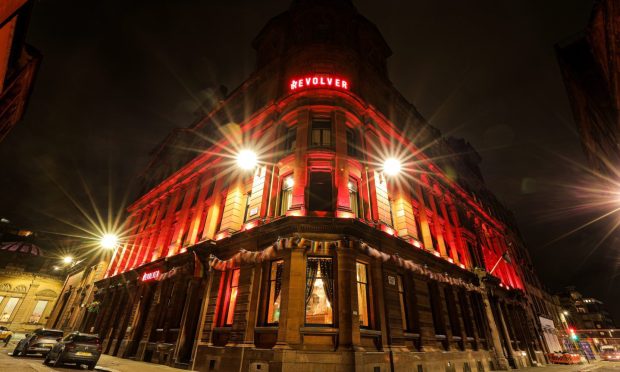
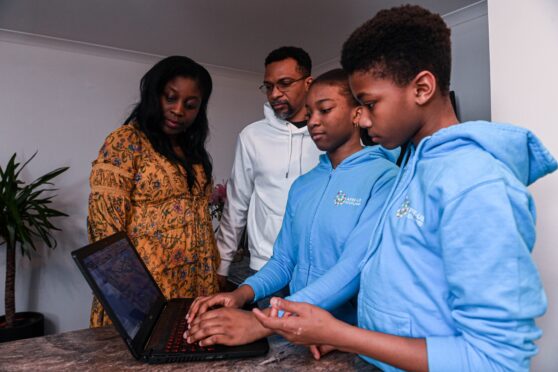
Conversation